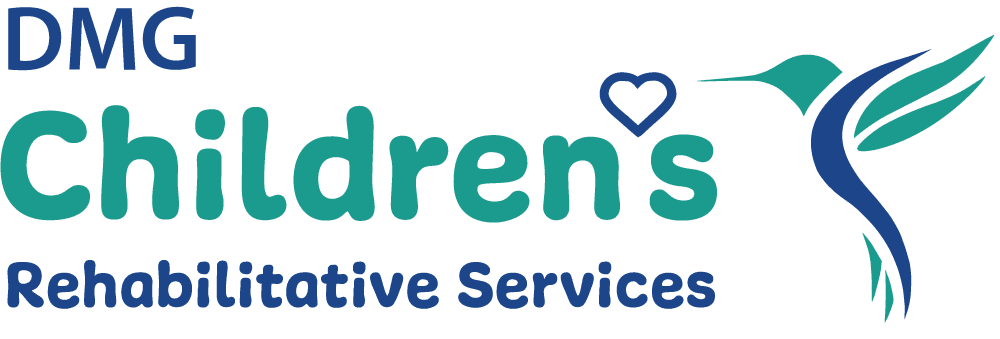Behavioral, Learning Disorders and Developmental Delays
What is a behavioral disorder?
Pediatric experts to be careful not to confuse a behavioral issue with an emotional or behavioral disorder. Child psychology experts say that the term “disorder” should be used cautiously for children up to five years old; children aged five and under are undergoing rapid developmental change and certain behavioral issues are “normal.”
Behavioral disorders are generally diagnosed in children above the age of five and result from the child demonstrating consistent disruptive behavioral that is not inline with the child’s age and developmental stage. Examples of behavioral disorders in children include:
What is a learning disorder?
Also referred to as a learning disability, a learning disorder refers to when someone struggles in a specific academic area, because their brain has trouble processing certain types of information. The most common learning disorders are:
According to the Centers for Disease Control and Prevention (CDC), some of the symptoms of learning disorders include difficulties in:
What is the relationship between learning disorders and behavioral disorders?
A learning disorder can cause a child to feel embarrassed, frustrated, ashamed and hopeless resulting in acting out or other behavioral issues. A child’s learning disorder may also be directly linked to a behavioral disorder.
What are developmental delays?
Developmental delays result from an impairment in physical, learning, language or behavior areas. According to the CDC, about one in six children in the U.S. have one or more developmental disabilities or other developmental delays. Behavioral disorders and learning disorders are types of developmental delays.
Because these conditions begin during the developmental period (birth to age five), understanding early symptoms is critical to early intervention. Parents, grandparents, guardians, caregivers and child educators are encouraged by the CDC to know childhood milestones by age and act early if a child is not meeting these milestones.
What should I do if I think my child has a developmental delay, including a behavioral and/or learning disorder?
If your child is diagnosed with a developmental delay, a multispecialty team of pediatric experts will be needed to accurately diagnose your child and develop a comprehensive, individualized treatment plan that may include behavioral health counseling, medications, and other support such as child life specialists and social workers. DMG CRS has all the needed medical specialties, therapy programs, and support services in one location, so you can coordinate appointments and have confidence that your child’s whole care team has access to the same information in a single medical record.



